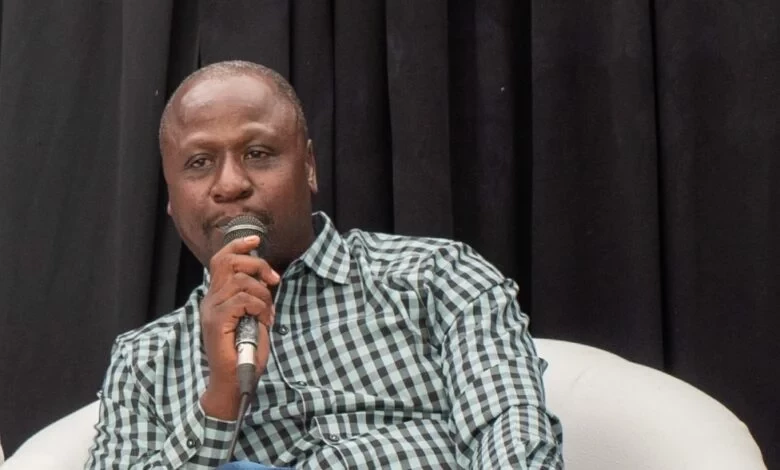
Media practitioners in Bulawayo on Friday commemorated the World Press Freedom Day amid concerns over government’s reluctance and insincerity in aligning media laws with the Constitution.
Speaking at a commemorations function held in Bulawayo, Information for Development Trust (IDT) director Tawanda Majoni said although Zimbabwe has one of the best constitutions in Africa, the enforcement of the supreme law remains problematic.
“If you look at the constitution of Zimbabwe, it adequately caters for access to information and freedom of expression and the press,” Majoni said.
“I am sure there is that universal concurrence that the constitution is a very good one. Unfortunately, the document is only good on paper, because when it comes to practice most of the time there is no adherence or alignment with these beautiful provisions of the constitution.”
The IDT director said the majority of parliamentarians who are from the ruling Zanu PF are not willing to align the laws with the constitution for fear of “reforming” themselves out of power.
“The constitution is a compromise document that was drafted during the time of the inclusive government,” he said.
“The people who are enjoying or were enjoying political incumbency were not comfortable with aligning laws with the noble constitution.
“In the document, we have laws that purport to be doing what they are not doing.”
- Corruption watch: No-one is taking the Motlanthe report seriously
- Corruption watch: The scary return of Green Bombers
- Chinese threats on The Standard condemned
- News in depth: Gold mines poison Manicaland rivers with cyanide, invite Mozambique fury
Keep Reading
Majoni described the government’s ongoing media law reform agenda as cosmetic.
The government has repealed the draconian Access to Information and Protection of Privacy Act (AIPPA) and replaced it with the Freedom of Information Act, Zimbabwe Media Commission, Cyber and Data Protection of Security Act and the proposed Media Practitioners Bill.
“In recent years, we saw and we celebrated the enactment of the Freedom of Information Act. If you look at the law from a naive point of view, you will salute it 100%, as it purports to be giving permanent citizens and stakeholders access to information, but if you read the finer print in that law, you will find out that there has been deliberate intentions and omissions to make obtaining access to information very difficult,” Majoni said.
“The law also says every government department and agency is supposed to have an information disclosure policy, but hardly any department has such a policy.”
He urged ordinary Zimbabweans to challenge the status quo.
“Unfortunately, we have a problem of not challenging those things,” he said.
Bulawayo human rights defender Khumbulani Maphosa implored authorities to allow the media to operate without any hindrances.
“The media must be given a platform to function without undue restrictions,” Maphosa said.
“We need to appreciate that journalists, in their day-to-day operations, do not necessarily work for their media outlets, they work for the citizens.
“They inform and educate the masses. But the question also arises, do the citizens consume the content that is created for them?”
The human rights defender urged civil society to support the journalists whenever their rights are violated.
“We need to move away from the mentality that journalists are superior beings with super powers. Despite the mammoth tasks that they execute, they are human beings,” he said.
“They need emotional support and psycho-social support because they deal with work that is difficult and stressing.
“As civil society organisations and other organisations, we need to check on journalists often, advocate for their welfare, the same way they always come to the rescue of those who need their services of news coverage.”
The event, which was held under the theme: A press for the planet: Journalism in the face of the environment crisis, was organised by the Centre for Innovation and Technology, IDT, and the American embassy.











